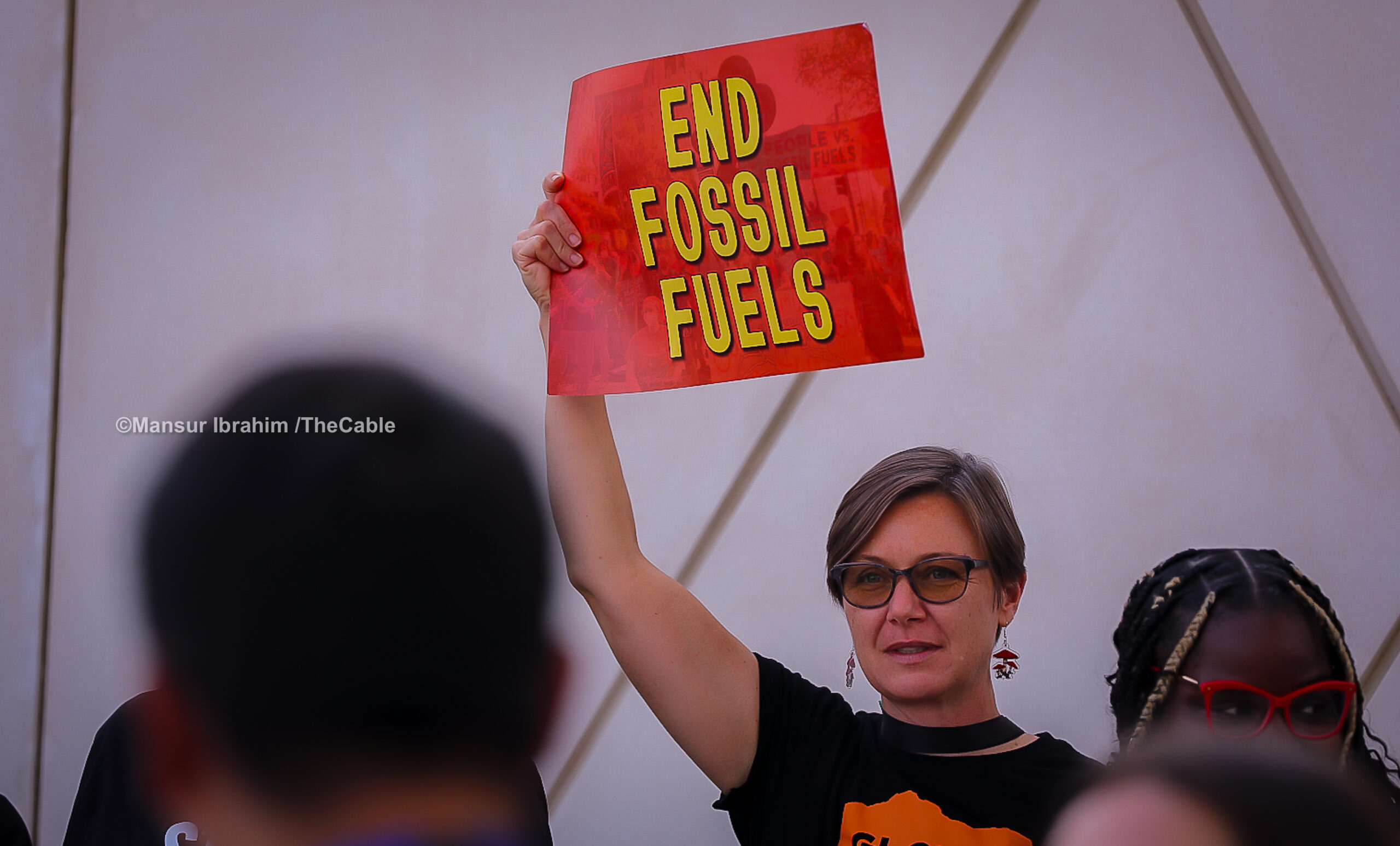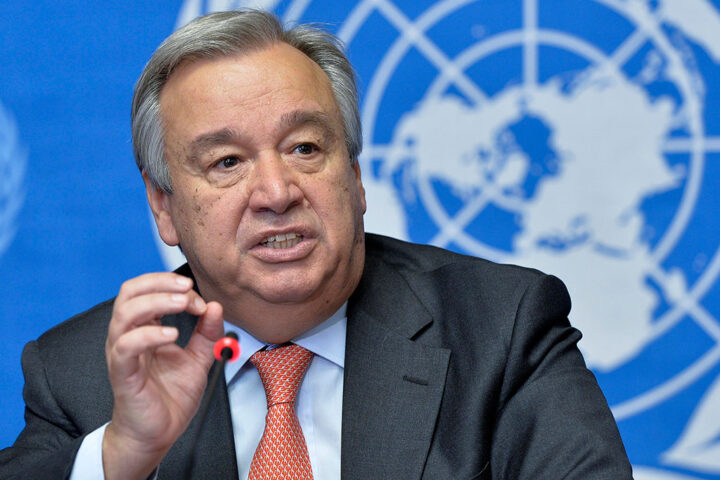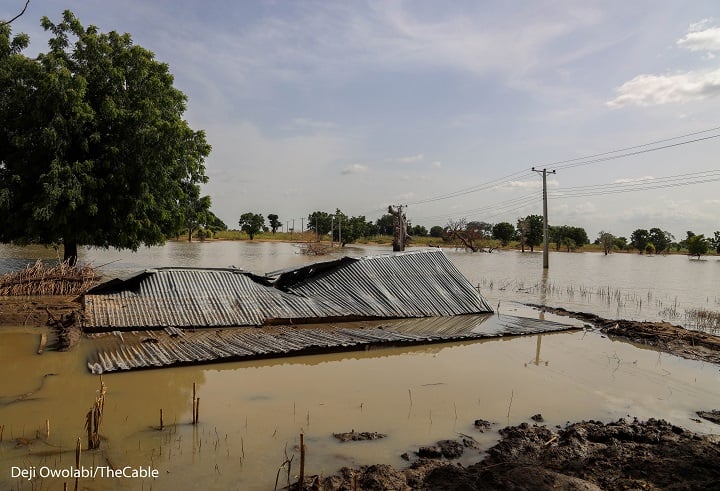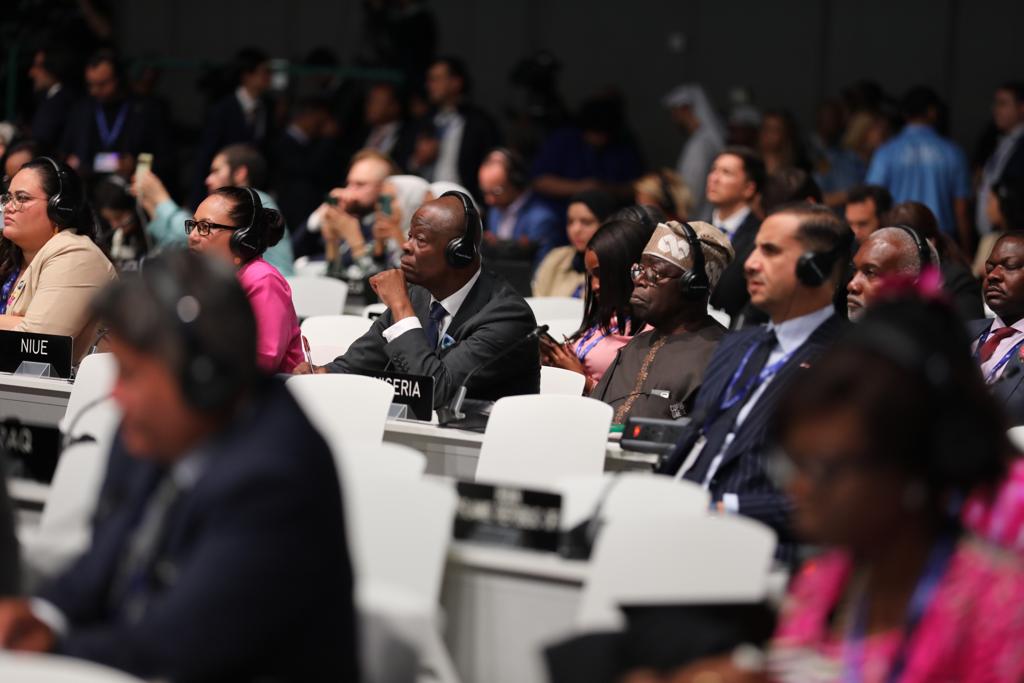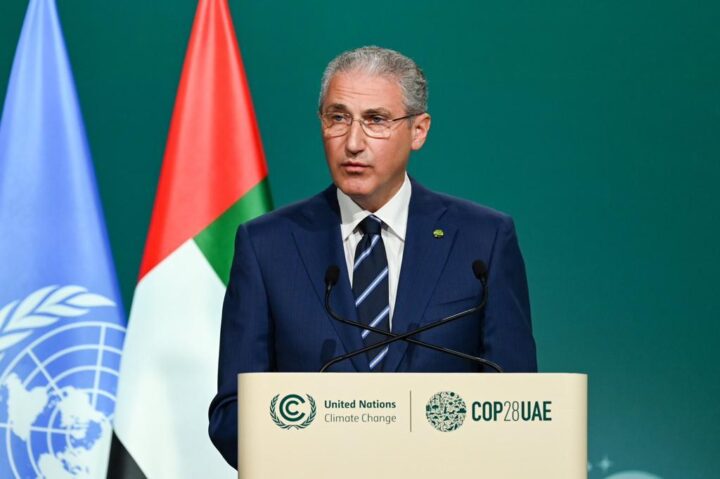A delegate protesting against fossil fuel at CO28
The world is making efforts to phase out fossil fuels and transition to renewable energy sources. Fossil fuels have been the dominant source of energy for many years due to their abundance and high energy content. However, their combustion and extraction have negative environmental impacts.
The global movement to reduce reliance on fossil fuels and shift to renewables has been met with resistance from African countries, including Nigeria, which rely heavily on coal, oil, and gas. It is the same thing for other oil-producing nations, such as Saudi Arabia and Iran.
WHAT IS FOSSIL FUEL?
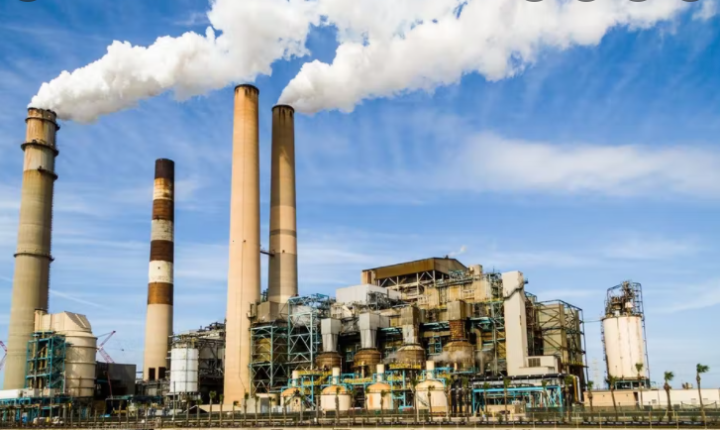
Advertisement
Fossil fuels are energy sources that are derived from the remains of ancient plants and animals that lived millions of years ago. Over time, the organic matter from these plants and animals was buried under layers of sediment and subjected to heat and pressure. This process transformed the organic material into fossil fuels, which are now found deep underground. They are primarily composed of carbon and hydrocarbon compounds. The main types of fossil fuels are coal, oil, and natural gas.
Coal is a solid fossil fuel formed from the remains of plants that lived in swamps and marshes millions of years ago. It is extracted through mining, and when burned, it releases carbon dioxide into the atmosphere. It is primarily used for electricity generation and industrial processes.
Oil, also known as petroleum, is a liquid fossil fuel that is found underground in rock formations. It is formed from the remains of marine plants and animals. Extracting oil involves drilling wells, and it is widely used as a fuel in transportation, heating, and the production of plastics and chemicals.
Advertisement
Natural gas is a gaseous fossil fuel primarily composed of methane. It is often found alongside oil deposits or in underground rock formations. Natural gas is extracted through drilling, and it is used for heating, cooking, electricity generation, and as a fuel in various industrial processes.
When fossil fuels are burned, they release carbon dioxide and other greenhouse gases into the atmosphere, contributing to climate change and air pollution. Additionally, the extraction of fossil fuels can have detrimental effects on ecosystems, including habitat destruction and water pollution.
As the world becomes more aware of the environmental consequences of using fossil fuels, there is a growing global push to transition to cleaner and more sustainable energy sources, such as renewable energy. Renewable energy sources, such as solar, wind, and hydropower, do not deplete natural resources. They also produce fewer greenhouse gas emissions.
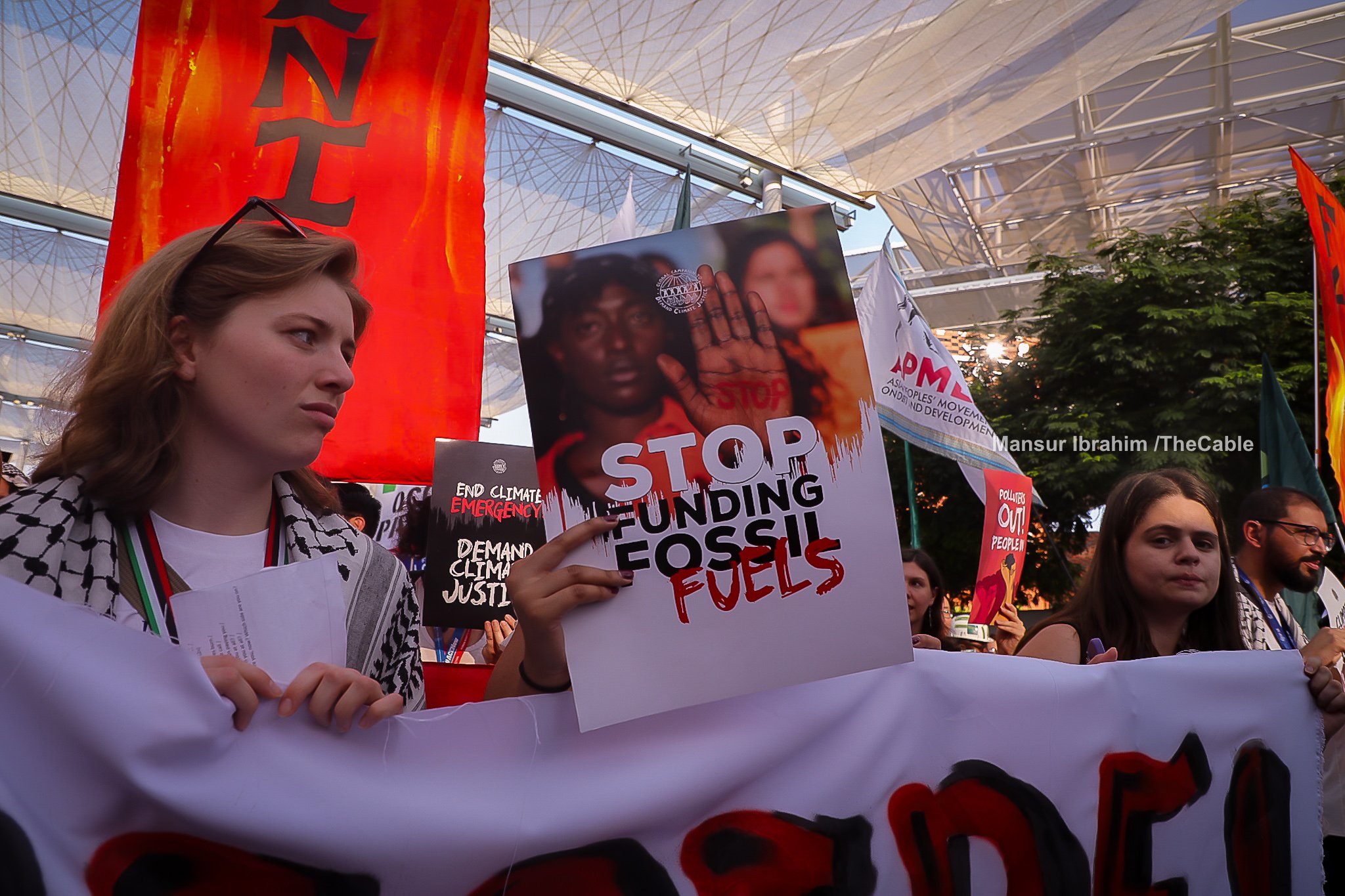
At COP28, which was held in Dubai, United Arab Emirates (UAE), civil society groups and stakeholders maintained that the total phase-out of fossil fuels is crucial to reducing carbon emissions and achieving net-zero targets.
Advertisement
Alok Sharma, COP26 president, said a failure to agree to the phase-out of fossil fuels at the conference would lead to a climate breakdown and push the world beyond the crucial 1.5C temperature limit.
However, Salisu Dahiru, director-general of the National Climate Change Council (NCCC), said the phase-out of fossil fuels is not in line with Nigeria’s position because their use is critical to the country’s economy.
In the same vein, Halima Bawa-Bwari, Nigeria’s deputy party head and director at the department of climate change, told TheCable that the country “will not agree to a phase-out,” adding that “the most we can agree to is a phase-down.”
WHAT IS THE PHASE-OUT AND PHASE-DOWN OF FOSSIL FUELS?
Advertisement
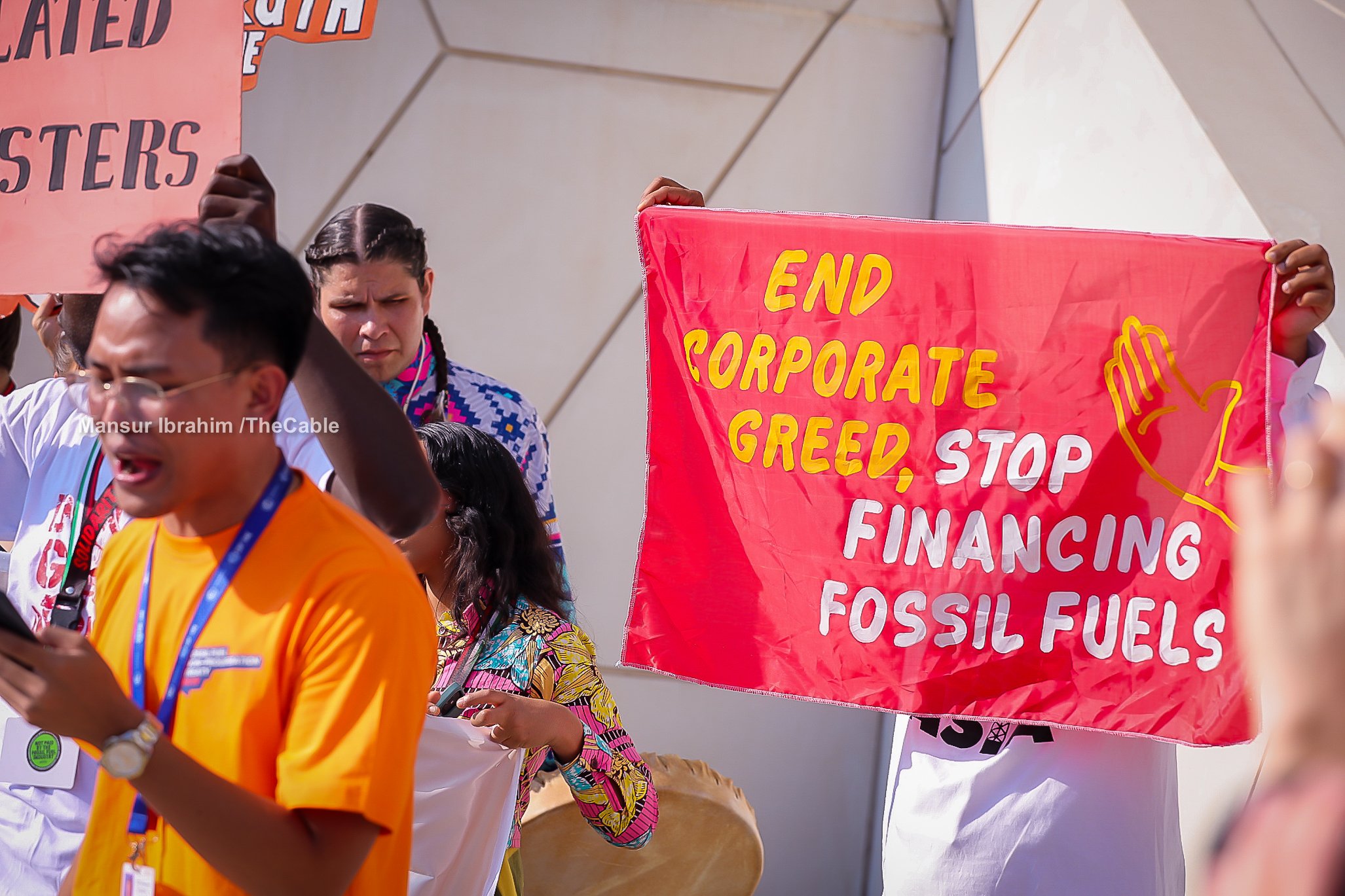
Fossil fuel phase-out is a long-term strategy to eliminate the production and use of fossil fuels. It requires more abrupt and decisive action to stop relying on them altogether. This could be done by implementing policies and regulations that prohibit the use of fossil fuels, promoting renewable energy sources, and encouraging the development of alternative technologies.
Phase-down, on the other hand, is a gradual reduction of the use of fossil fuels over time, rather than a complete elimination. It recognises that transitioning away from fossil fuels may take some time due to various factors such as infrastructure, economic considerations, and the need for a just transition for industries and communities. So, instead of an immediate halt, a phase down approach involves setting targets and timelines to gradually decrease the dependency on fossil fuels while simultaneously promoting the adoption of cleaner and more sustainable energy sources.
Advertisement
Both approaches aim to address the environmental impact of fossil fuels and mitigate climate change. However, the differences between the two concepts include:
Scope: The key distinction between phase-out and phase-down lies in the extent of the reduction. Phase-out implies a complete elimination of fossil fuels, aiming for a transition to entirely renewable or low-carbon energy sources. It involves setting long-term goals to completely eradicate the use of fossil fuels. Conversely, phase-down focuses on the gradual reduction or restriction of specific types of fossil fuels without necessarily aiming for complete elimination.
Advertisement
Timeframe: Phase-out generally involves a longer-term perspective and often requires significant changes in infrastructure, policies, and energy systems. It may span several decades, depending on the speed and scale of the transition. In contrast, phase-down can be implemented over a relatively shorter period, ranging from a few years to a couple of decades, primarily targeting specific sectors or industries.
Urgency: Phase-out is typically considered more urgent and necessary to mitigate climate change and reduce greenhouse gas emissions. It recognises that the continued use of fossil fuels contributes to global warming and environmental degradation. Phase-down, while still acknowledging the need for emissions reduction, is a more pragmatic approach that allows for a smoother transition by providing time for industries and economies to adapt.
Advertisement
Targets and Policies: Phase-out strategies often involve setting ambitious targets and implementing comprehensive policies to drive the transition to renewable energy sources. This may include renewable energy incentives, carbon pricing mechanisms, research and development investments, and regulations that discourage the use of fossil fuels. Phase-down, on the other hand, usually involves specific targets for reducing or limiting the use of certain types of fossil fuels, often accompanied by policies such as emission caps, stricter regulations, or bans on particular applications.
Impact: The impact of phase-out and phase-down can differ in terms of emissions reduction and environmental benefits. Phase-out aims for substantial emissions reductions and a significant shift toward cleaner energy sources, leading to a more rapid decline in overall greenhouse gas emissions. Phase-down, while providing some emissions reductions, may not achieve the same level of decarbonisation as it primarily focuses on specific fossil fuel sources or sectors.
In conclusion, the impacts of fossil fuels on climate change are undeniable, as burning them releases greenhouse gases, which contribute to global warming and environmental damage. To secure a sustainable planet, reducing our reliance on fossil fuels and transitioning to cleaner energy sources is essential. Countries at COP28 have, however, reached an agreement to transition away from fossil fuels rather than phase them out.
